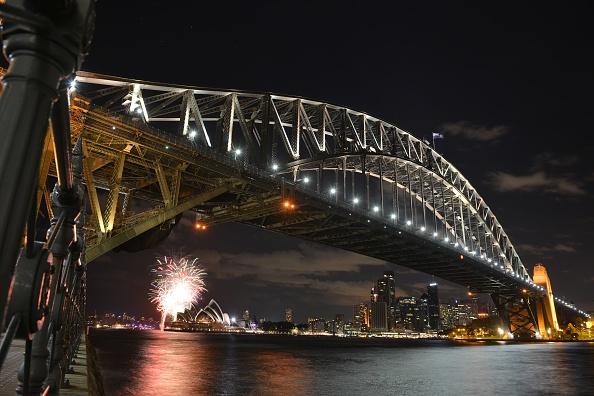SYDNEY—Liberal Premier Mike Baird faces a challenging term after a comfortable win in the New South Wales election. Not only must he ensure his signature policy, electricity privatisation, is implemented smoothly but he must also deal with a range of other contentious issues including coal seam gas mining, transport and housing affordability.
Mr Baird was quick off the block the day after his win, declaring Sunday, that the plan to privatise the state’s electricity poles and wires, “starts today”.
Really it is time to get on with it.




